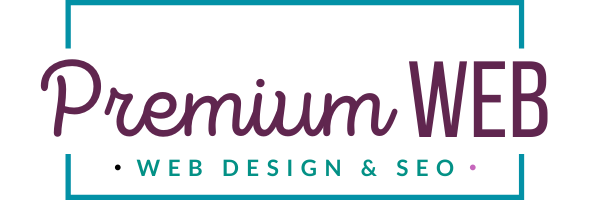With the keyword tips on this page, you can make Google love you. It's true. The fact that you need to do keyword research is probably not news to you. Long-tail keywords, keyword intent, keyword density, and keyword optimization are terms you've heard before right? The question is, once you figure out what your keywords are, where do you put them on your website?
(1) Title Tag – This is what shows in the upper left corner of your web browser window. It's also the clickable part of Google's search engine results page (SERP). The title tag is one of the most important places to put your keyword phrase, possibly the most important. Your click-through rate will be higher when your link exactly matches or very closely matches what a searcher is looking for.
(2) Headings – This is the text that uses <h1>, <h2>, etc. Search engines place more importance on these sections of your webpage than they do on the body text itself, so be sure to use your keywords in all your headings if you can.
(3) Descriptions – In the search engine results page, under the clickable link (which is your title tag like I said before), you'll see a short snippet of text. This is your description tag, and when you take the time to write a good description tag using keywords, Google will often reward you and use that instead of random phrases it pulls from your page. The advantage? Better click-through rate which is your ultimate goal.
(4) Excerpts – Similar to descriptions, excerpts are used to tell the reader at a glance what the page is about. The difference is, descriptions are used for search engines, while excerpts are used on your website. Therefore, excerpts might not gain you any favor with Google, but users of your site will thank you for taking the time to write a meaningful excerpt.
(5) Article Text – This one seems the most obvious. Your keywords are what you're writing about, so it makes sense that they appear in the text of your article or blog post. Just be sure you don't get carried away. Remember, actual people will be reading your site, so it needs to flow and read well for them. A good rule of thumb is to use your keyword once in the first paragraph, once in the last paragraph, and maybe in a couple of other places.
(6) Anchor Text – Anchor text is the clickable word or phrase that appears in a hyperlink. Google (and other search engines) looks at the anchor text as an indicator of what your site is about. If you have a site about christian moms in business, and I link to your site using the keyword phrase “christian moms in business,” Google knows that I'm saying your site is about christian moms in business. You can use keywords in anchor text on your own site, in article marketing, guest posting, forum posting, and other places where you're allowed to post a link to your site.
(7) Alt Text – Search engines can't (as of the time I'm writing this) index graphics like photos and header images. But they can and do pay attention to what you tell them that picture is about. That's what the “alt text” attribute is all about. The alt text is also used by page readers for the blind so it's a good practice regardless of the fact that search engines like it being there.
Before you post to your blog, upload an article, or submit a guest post, make sure you've properly optimized it by using keywords in all the right places. Your search engine rankings will climb, your traffic will increase, and your business will grow. That's the real magic of using keywords effectively.
P.S. In addition to knowing where to put your keywords, it helps to use a tool like the one I use here on my site which is Scribe SEO. It's a super exciting tool because it makes optimizing your post and ensuring that it's keyword rich almost too easy! Give it a try. Even without it, if you research your keywords and use the keyword phrases in the above places, you'll at least be headed in the right direction.
Looking for a professional marketing agency that can provide you with strategy, web design and SEO services? Look no further than Premium Web. We specialize in helping businesses achieve their online goals and reach new customers.
Book a call with Glennette today to see how we can help. Glennette is a Certified Master Marketer, Certified Search Marketing Specialist, and Certified Clickworthy Copywriter.
She's also certified as a Fractional CMO+ through Duct Tape Marketing. Glennette will recommend the best digital marketing tactics for your business based on your goals, audience, skills, and budget.


